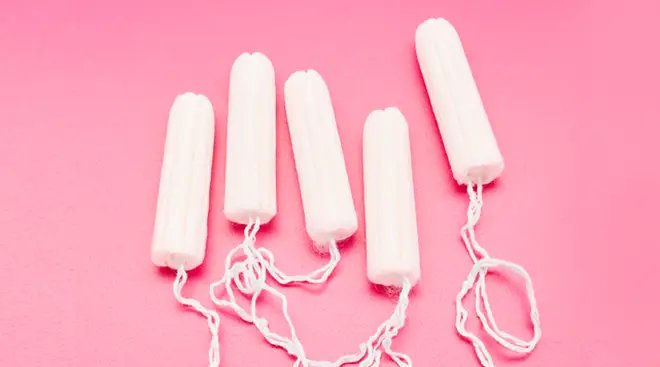On Air Now
Capital Breakfast with Jordan North, Chris Stark and Sian Welby 6am - 10am
5 June 2020, 17:41

"Nearly 95,000 nine-to-18-year-olds may stay at home during their periods due to not being able to afford period products"
New Zealand Prime Minister Jacinda Ardern has announced a new scheme that will aim to tackle widespread period poverty in the country.
The government will now foot a bill that aims to make sure period poverty is stamped out by providing free sanitary products in schools.
READ MORE: Scotland is set to become the first country to provide free period products
Prime Minister Ardern said that sanitary supplies for a monthly period were not a luxury, but a necessity and too many students were skipping school because they weren’t able to afford pads and tampons.
"We know that nearly 95,000 nine-to-18-year-olds may stay at home during their periods due to not being able to afford period products, Ardern said in a statement.
"By making them freely available, we support these young people to continue learning at school."
The New Zealand government will invest $2.6 million NZD (£1.3 million/$1.7 million USD) into the initiative. The roll-out will begin at 15 Waikato schools and be expanded to all state and state-integrated schools on an opt-in basis in 2021.
Free products are already available in primary and secondary schools throughout England and Wales, in a bid to stop students missing out on lessons due to periods.
Earlier this year, Scotland also announced its plans to provide free period products . Following the launch of the campaign in 2017, the new bill would mean tampons and sanitary products would become readily available to everyone – not just students.
The new scheme has been trialled in Scotland with women from low-income backgrounds, distributing products to over 1,000 women. If the new scheme is passed, it's estimated to cost the government around £9.7 million a year, but will be of priceless value to the women it helps.